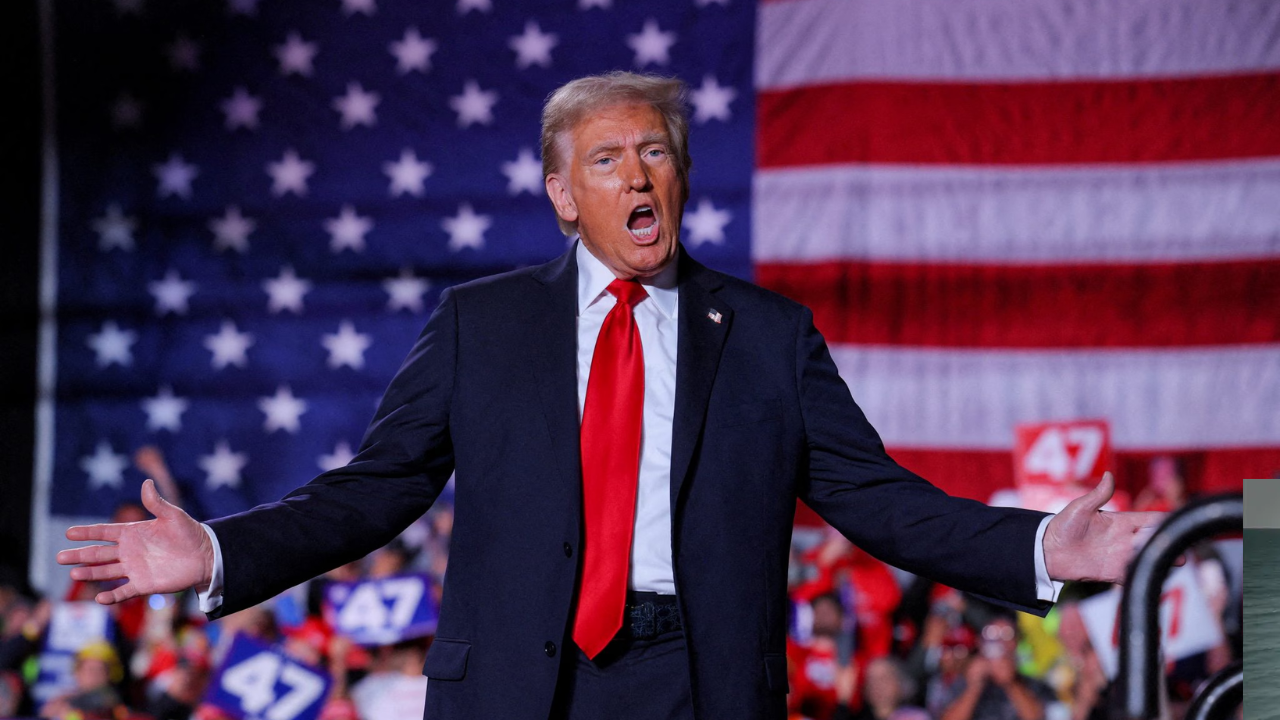In a state long considered a Democratic stronghold, former President Donald Trump is forecasting a surprising Republican comeback. During a recent telephone rally, Trump threw his support behind Republican gubernatorial candidate Jack Ciattarelli and predicted that New Jersey is “ready to pop out of the blue horror show.”
New Jersey has consistently voted Democratic in recent years. The state has not elected a Republican governor since 2013, and Democrats have carried it in every presidential election since 1992. Despite this, Trump’s endorsement and public optimism highlight an intensifying GOP effort to challenge the political landscape of this deep-blue state.
Trump’s Support for Jack Ciattarelli
Jack Ciattarelli, who narrowly lost the 2021 New Jersey governor’s race, has positioned himself as a candidate focused on changing policies related to immigration and law enforcement. Ciattarelli promises to end sanctuary policies for undocumented immigrants and to appoint an attorney general who would not oppose federal immigration policies, a clear shift from the current administration’s stance.
During the rally, Trump urged New Jersey voters to back Ciattarelli in the upcoming Republican primary, scheduled for June 10, with early voting already underway. He emphasized that the state’s current Democratic leadership has failed to deliver results and that the residents deserve better.
The Political Context in New Jersey
New Jersey’s political climate is unique. While it consistently votes Democratic in federal elections, its gubernatorial office has alternated between the two major parties in recent decades. This oscillation suggests that voters are open to change, especially at the state leadership level.
Democrats currently hold a significant registration advantage in the state, with about 800,000 more registered voters than Republicans. However, independents make up a sizable portion of the electorate and often play a decisive role in New Jersey elections.
Experts note that New Jersey voters tend to separate their preferences between national and state politics. While they may favor Democratic candidates for president and Congress, they have shown willingness to elect Republican governors, particularly those who campaign on pragmatic issues like taxes, crime, and education.
GOP Strategy to Flip the State
Trump’s prediction fits into a broader GOP strategy aimed at expanding influence in traditionally Democratic states. After winning key battleground states in the 2024 presidential election, Republicans are targeting areas where voter dissatisfaction and demographic shifts might create openings.
New Jersey, with its high taxes, cost of living, and contentious debates over immigration and public safety, presents such an opportunity. Republican candidates, led by Ciattarelli, are capitalizing on voter concerns about these issues.
The Republican campaign is also focusing on mobilizing independent voters and moderate Democrats disillusioned with the state’s current leadership. If successful, this could narrow the Democrats’ voter registration edge.
What’s at Stake in the Primary
The June 10 Republican primary will decide the GOP candidate to face the incumbent Democratic Governor Phil Murphy in the general election this November. Murphy, who has been governor since 2018, faces criticism from various quarters over his handling of state policies, including economic recovery post-pandemic and immigration enforcement.
Ciattarelli’s strong challenge, bolstered by Trump’s endorsement, has energized the Republican base. The primary is expected to be competitive, with turnout playing a crucial role.
Voter Impact and Participation
Voter participation in primaries can be low compared to general elections, but the enthusiasm from both parties indicates a potentially higher turnout this cycle. Early in-person voting has already begun, and election officials encourage all eligible New Jersey voters to participate.
Additionally, the Federal Election Commission (FEC) provides information on campaign finance and election regulations, which is useful for voters seeking transparency about candidate funding.


